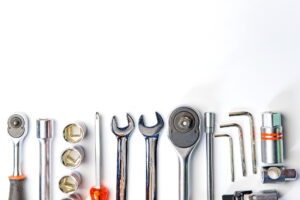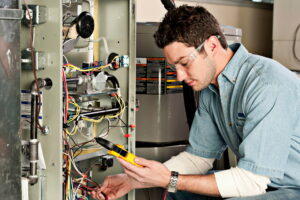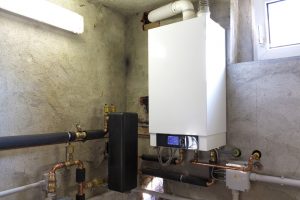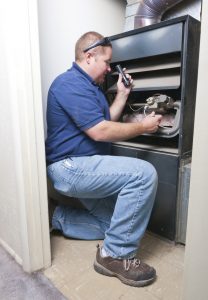
In order for our company to be as helpful and attentive as possible for our customers, we need to be innovative. We have to stay on top of industry trends, train our employees, do our research, and above all else share that information with our community. The more informed and well-versed our customers are about the HVAC industry, the more likely they are to make smart decisions that benefit them financially.
This is the post where we’re going to dive deep into three specific industry trends that homeowners are definitely going to want to be aware of. We’ll go over why these trends are occurring, what they mean for homeowners, and the best choice of action you can take to avoid missing out.
Many of these trends center around furnace repair in Columbia City, so don’t forget to call our team when you need help!






 We know that heating season is almost over, and you’re probably jonesing to get outside and enjoy the fresh air without the need for your boiler. However, we need to make sure that before you put your heater into hibernation until the next heating season, we deal with the problems that are occurring instead of waiting. Boiler repair can be less stressful when it’s not on a timer as low temperatures make their way back during the fall.
We know that heating season is almost over, and you’re probably jonesing to get outside and enjoy the fresh air without the need for your boiler. However, we need to make sure that before you put your heater into hibernation until the next heating season, we deal with the problems that are occurring instead of waiting. Boiler repair can be less stressful when it’s not on a timer as low temperatures make their way back during the fall. Let us set up the scene for you. Imagine it’s a chilly spring day as you and your family mind your own business while watching TV or reading your new favorite book—and all of a sudden it starts to get cold. Your heater isn’t turning on and there’s clearly something wrong since your thermostat is usually set at a much warmer temperature than this. Your family looks to you to figure out what’s going on and you’re starting to panic.
Let us set up the scene for you. Imagine it’s a chilly spring day as you and your family mind your own business while watching TV or reading your new favorite book—and all of a sudden it starts to get cold. Your heater isn’t turning on and there’s clearly something wrong since your thermostat is usually set at a much warmer temperature than this. Your family looks to you to figure out what’s going on and you’re starting to panic. Furnace repair isn’t a word that homeowners want to hear, especially not when cold temperatures are still hovering at freezing. Though, what many homeowners don’t like to think about is the fact that
Furnace repair isn’t a word that homeowners want to hear, especially not when cold temperatures are still hovering at freezing. Though, what many homeowners don’t like to think about is the fact that  When it comes to furnaces, homeowners know the basic idea of how they work. A gas furnace burns fuel to create heat that transfers from a heat exchanger to the air duct system of your home. This heat is then distributed through your home, effectively heating your home and keeping each room to the temperature specification you set on your thermostat. Sounds simple enough, right?
When it comes to furnaces, homeowners know the basic idea of how they work. A gas furnace burns fuel to create heat that transfers from a heat exchanger to the air duct system of your home. This heat is then distributed through your home, effectively heating your home and keeping each room to the temperature specification you set on your thermostat. Sounds simple enough, right?